Bergamot oil is an underrated familiar scent and flavor that offers a powerhouse of benefits. There is probably a lot more to this essential oil than what you already know.
So let us dive into the wonders of this oil and discover what health benefits it can provide for your body and mind.
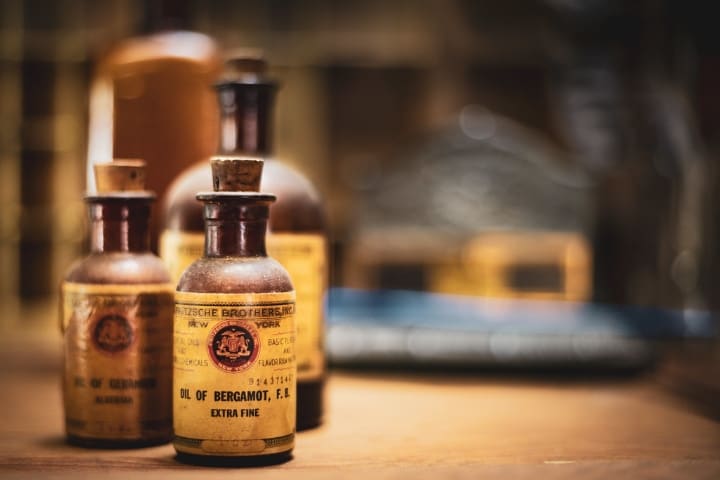
In this post, we’ll explain what this oil is, what makes it special and share with you a host of different uses and benefits. We’ll also show you how to make your own–or help you buy the right one!
Let’s get right on to it!
What Is Bergamot Oil
Bergamot essential oil is also known as Citrus Bergamia or Citrus Aurantium var. The plant is part of the Rutaceae family which is typically grown in South East Asia.
This plant is also grown in parts of Europe, specifically in the coastal regions of Southern Italy like Reggio di Calabria and Sicily.
Bergamot oil actually got its name from a popular location in Italy where it was originally sold–Bergamo, Lombardy.
Bergamot is a cross-breeding of a lemon tree and an orange tree and has a slightly citrusy but sweet aroma. The oil is typically extracted from the peel of the fruit which has a yellow color and a pear-like shape.
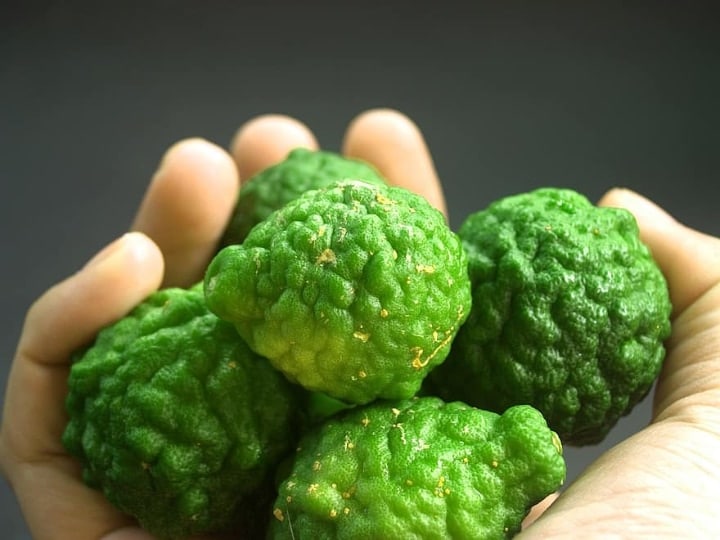
The bergamot essential oil is extracted from either hand-pressed or cold-pressed bergamot rind. Ideally, a nearly ripe bergamot fruit is used in producing the essential oil.
Best Uses of Bergamot Oil
Now let’s move on to the actual uses of bergamot oil. Here’s a long list of the many different ways you can use this essential oil, including its benefits.
1. Antidepressant: Reduces Fatigue and Boosts Energy
As mentioned above, bergamot contains Alpha Pinene and Limonene. These chemicals are known as potent antidepressants as they can make you feel fresh, energized, and happy.

These chemicals are best for people who are suffering from extreme fatigue, sadness, lack of appetite, low sex drive, and lack of interest in favorite activities.
Unlike several antidepressant drugs, bergamot oil is a natural remedy that has no side effects.
Antidepressant medications may cause more harm than good since their side effects include weight gain, personality changes, and even suicidal thoughts. If you are suffering from depression, you may want to try using bergamot oil instead.
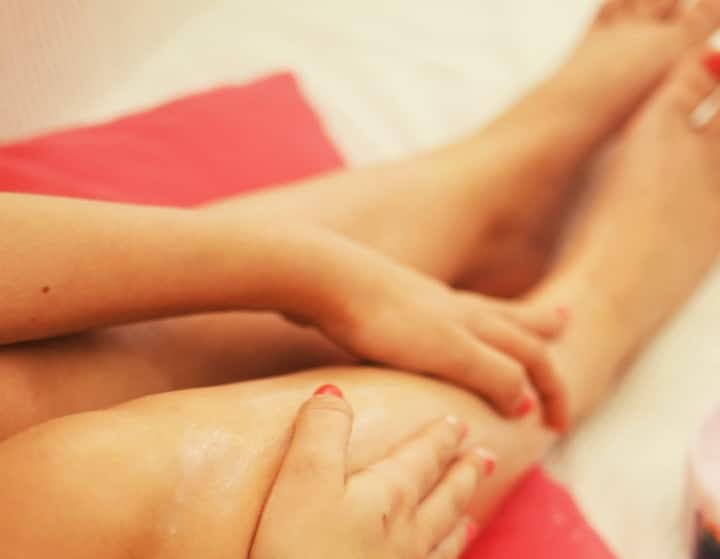
Tip: Apply two to three drops of bergamot essential oil in your hands, rub it thoroughly and then cup your mouth and nose while breathing slowly. You may also rub it on your stomach and feet.
2. Stimulant: Improves Digestion
Bergamot oil can also be a good hormone stimulant. It can help your body secrete insulin, bile, and digestive juices.
This promotes a better metabolic rate, normal intestinal muscle contraction, better digestion, and proper nutrient absorption. Good digestion also means faster sugar assimilation and decomposition which leads to lower blood sugar.
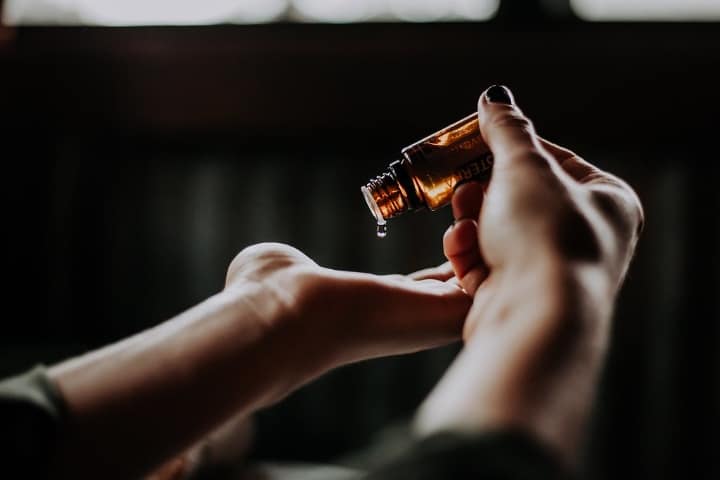
As a result, blood pressure also drops. The strong effects of bergamot oil on hormones also make it ideal for different mental and neurological conditions.
If you are suffering from indigestion, high blood pressure, and some neurological problems, just breathing in bergamot oil could prove beneficial.
Tip: You may also use an oil burner or diffuser to inhale it more easily. Additionally, you can apply 2-5 drops of the oil on your abdomen and temple.
3. Antibiotic & Disinfectant: Cures Infection
Bergamot essential oil has certain chemical components that are natural antibiotics and disinfectants. This means it has the ability to stop the growth of germs, viruses, bacteria, and fungi.

Because of their natural components, these chemical compounds are effective in curing an infection in the skin, scalp, intestines, colon, urinary tract, and kidneys.
No wonder there are many soap variations on the market which include bergamot oil as their main ingredient.
A study published in the Journal of Applied Microbiology in April 2009 found out that bergamot oil exhibited great results against Enterococcus faecium and Enterococcus faecalis bacteria.
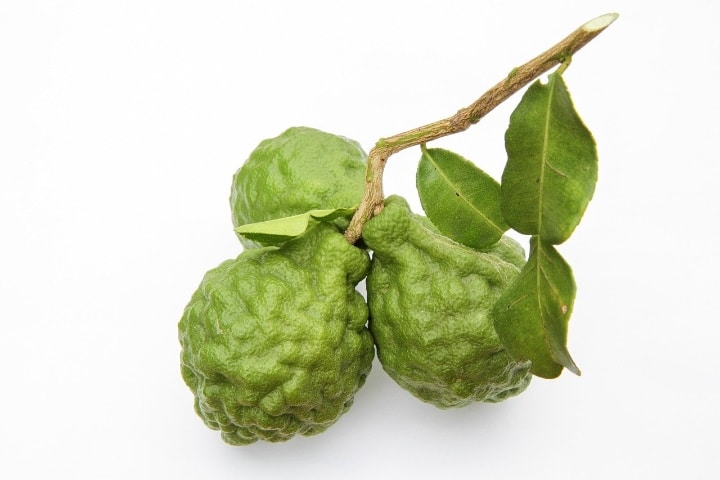
These are the main cause of common bodily infections like urinary tract infection (UTI), meningitis, endocarditis, and bacteremia.
What is more impressive about the findings of this study is that bergamot oil can fight not only ordinary bacteria, but also bacteria that are resistant to vancomycin antibiotics.
In another study published in the Journal of Antimicrobial Chemotherapy, researchers from Italy found that the oil has antifungal chemical properties as it effectively cures infections brought by the candida fungus strains.
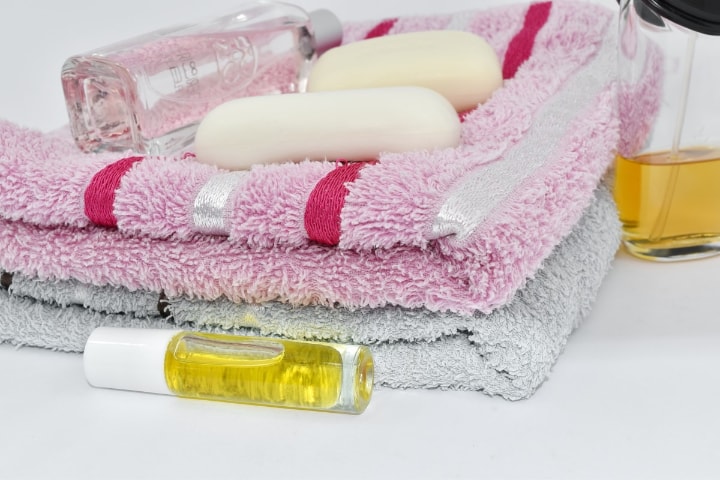
Tip: If you want to naturally cure UTI, you can add a few drops of bergamot oil in your bath.
4. Analgesic: Reduces Pain
Another important benefit that Bergamot essential oil can provide is pain relief.

Alongside stimulating hormones, it can also stimulate the release of hormones that can effectively lessen nerve sensitivity which results in lesser painful sensations.
Bergamot oil can be effective in reducing common body pain like sprains, headaches, and muscle cramps. It’s a natural alternative to analgesic medicines.
Oftentimes, analgesic pills commonly sold over-the-counter can do more harm to your body than good.

They typically bring adverse side effects to your liver and kidneys. Moreover, they can also make your blood thinner and disturb sleep.
Tip: To use bergamot oil as a pain reliever, you can rub 5 drops of the oil on the painful area.
5. Relaxant & Sedative: Relieves Stress
Bergamot oil also contains flavonoids which help with body relaxation and sedation. It initiates the release of happy hormones like dopamine and serotonin.
These can soothe the nerves which results in reduced nerve tensions, stress, anxiety, and chronic fatigue.

The usual symptoms of chronic stress like difficulty in sleeping or insomnia, high blood pressure, and depression can be fought with bergamot oil.
Some doctors even use the oil to help patients experiencing anxiety and stress prior to surgery in so-called aromatherapy preparation sessions.
6. Digestive
Since bergamot oil helps with hormone secretion, it can also help secrete digestive acids, enzymes, and bile which results in better digestion. Plus, this oil can normalize intestinal muscle movements.
In a normal metabolic process, intestines follow a peristaltic motion in order to digest food better and move bile effectively.

When there is a normal movement in the intestine, there is faster digestion. Strains in the intestines are reduced or entirely removed.
These amazing effects lessen the chances of having constipation. This may in turn help avoid gastrointestinal complications like colorectal cancer, colon cancer, and more. Bergamot oil may also correct irregular bowel movements.
7. Toner: Reduces Skin Oil and Acne
If you want to achieve smoother facial skin, bergamot oil can do the trick.
Patricia Davis, a clinical aromatherapist, wrote in her book titled Aromatherapy: An A-Z that bergamot oils contain potent antiseptic properties that can effectively reduce the bacteria on your face.
This could mean fewer acne breakouts or even none at all. In addition, you can enjoy the scent of the oil when applying it to your skin. Here is a good restorative toner recipe that you can follow at home.
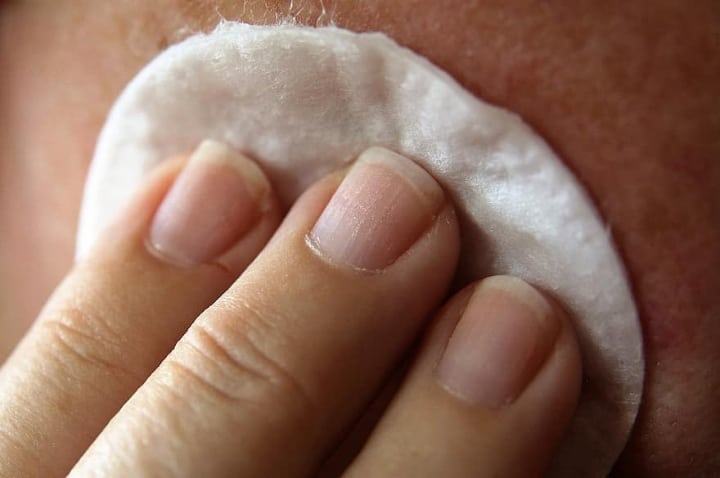
Restorative Skin Toner Recipe
- 3 tbsp. of aloe vera
- 3 tea bags of chamomile
- 1 cup of water
- 1/2 tsp. of witch-hazel
- bergamot oil
To create your own natural skin toner, start by boiling water. In the interim, you can prepare your aloe vera gel.
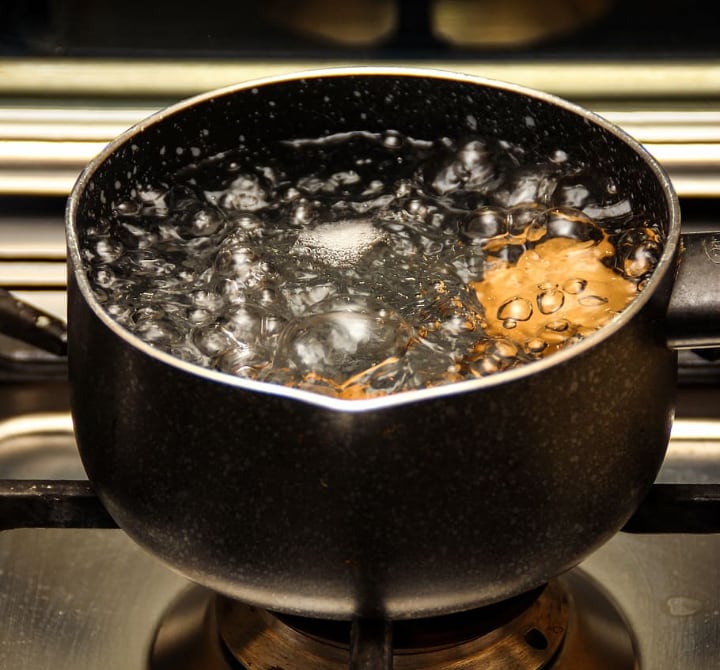
You can use the gel from a fresh leave or use aloe vera juice. Once you have the amount you need, you can mix it with witch-hazel and bergamot oil.
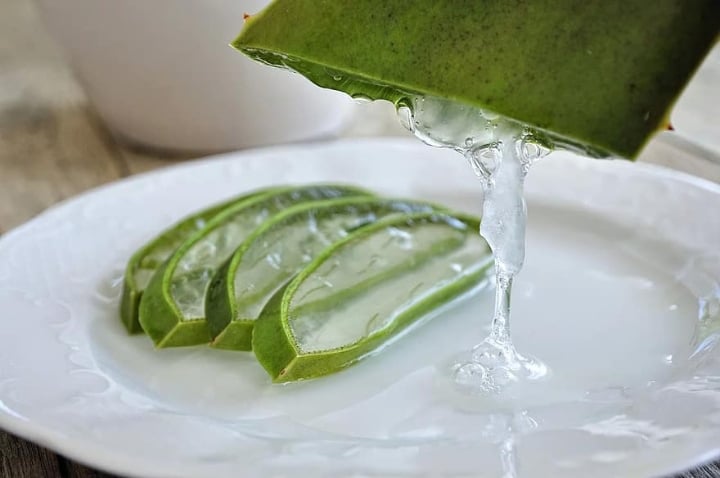
If you use aloe gel from fresh leaves, you will need to blend the mixture in a blender or food processor.
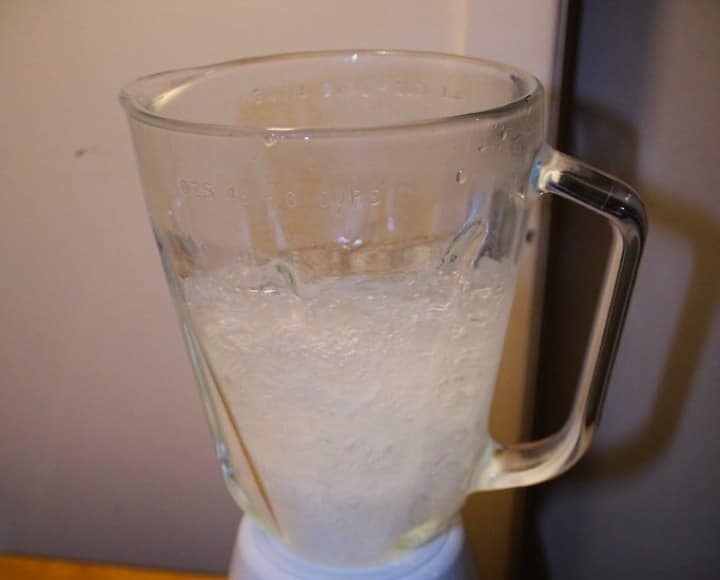
But if you are using aloe juice, you can skip this step. Once the water has reached boiling point, add the tea bags and let it cool.

Wait for the tea mixture to settle at room temperature and combine all the ingredients. Place it in a sealed jar and store it in the refrigerator.
Witch hazel is a natural preservative so a batch of skin toner can last for up to 2 weeks.
8. Cicatrisant: Treats Scars
Bergamot oil helps with healing certain marks and scars on the skin caused by skin infections or irritations.
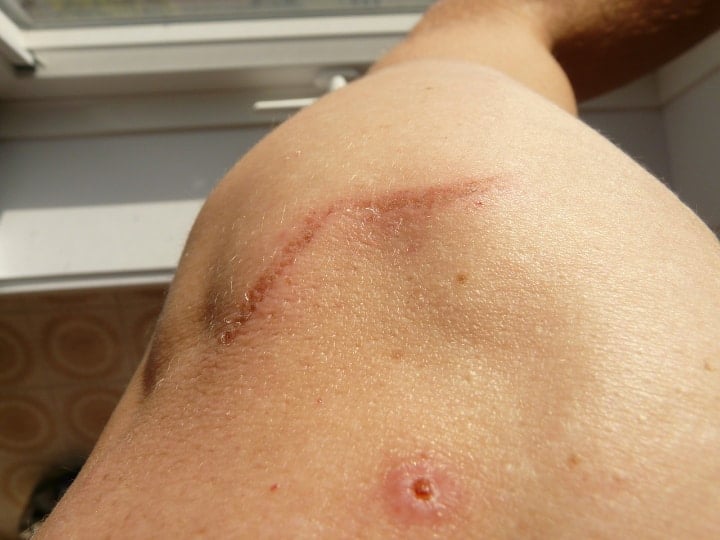
This is the main reason why bergamot oil is added to different types of cosmetic and skincare products like lotions, soaps, creams, and more.
It primarily distributes melanin and pigment in the skin evenly. As it helps with healing scars, it also makes your skin look brighter and more attractive.
Regarding the everlasting acne issue, bergamot oil can also rejuvenate acne scars and also provide a good fix for faded and unbalanced complexions
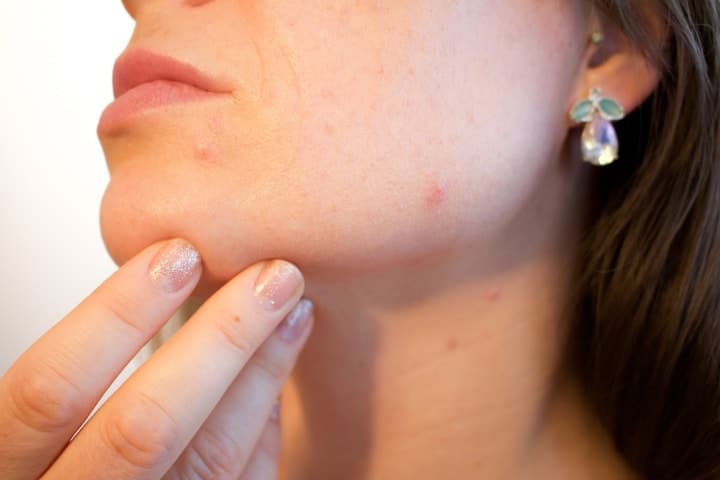
Tip: You can apply 5 oil drops on the area you want to treat or you can add 10 drops in a warm water bath.
9. DIY Deodorant
If you want a natural but refreshing alternative to your usual deodorant, bergamot oil is definitely one thing to consider. Because of its aromatic scent and disinfecting properties, it can be an ideal deodorant.
Once applied to the skin, it stops the growth of germs that typically causes body odor. Not only is bergamot oil used in underarm deodorant products, but also added in air fresheners, sprays, and mosquito repellants. It can be combined with other mosquito repelling plants like citronella.
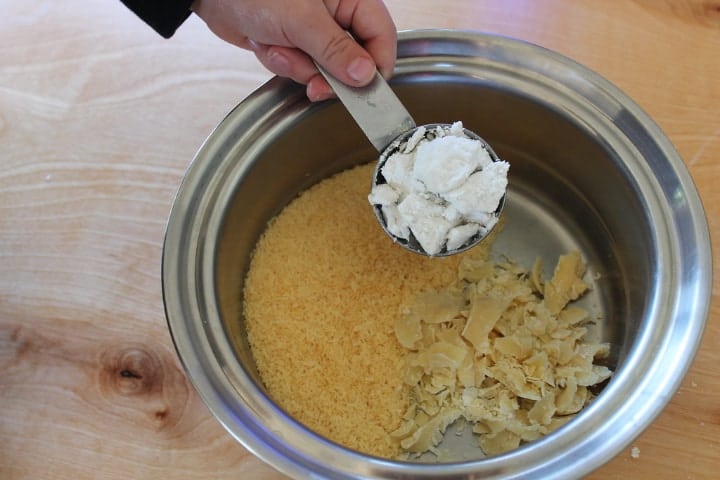
Tip: You can apply 2-3 drops of bergamot alone or apply it with your deodorant. You can also create your own deodorant recipe by mixing equal parts of coconut oil and shea, arrowroot powder, baking soda, and a few drops of bergamot oil.
Other people mix their favorite scents with bergamot. Some options include lemon, clove, lavender, lemongrass, sandalwood, and cedarwood.
10. Febrifuge: Reduces Fever
Bergamot oil also contains a substance called febrifuge known for its ability to lower body temperature and reduce fever.
Since bergamot has antibiotic and disinfectant properties, it also makes the healing process from a fever faster and more effective.

It can fight against the usual bacteria, protozoa, and viruses that cause fever while its hormone stimulating ability allows the body to recover fast from a fever.
The enhanced secretion of eccrine glands and sebaceous glands helps in lowering bodily temperature.
11. Vermifuge: Fights Worms
If your child has contracted worms and developed cavities, bergamot oil is a great natural cure. Although it’s subtle and fragrant, it can definitely help your body fight intestinal worms and teeth problems.
Since bergamot oil can destroy germs and viruses, it may also kill intestinal worms. Make sure that your child does not suffer from any deficiencies due to parasite issues.

Tip: You can apply 2-3 drops of bergamot oil on your kid’s tummy and massage it to fight off the parasites.
If you want to protect your child from cavities, you can use bergamot oil as a mouth wash. You may also directly rub it to your child’s teeth or add it to the toothpaste.
12. Antispasmodic: Soothes Nerves and Muscles
The oil’s antispasmodic properties can effectively relieve any nerve and muscle-related issues such as muscle cramps, painful muscle contractions, or convulsion.

In addition to that, it can also help relax people who are suffering from respiratory conditions like asthma and chronic coughing.
13. Antiseptic: Fights Viruses
You would be amazed at how bergamot oil can help you in so many different situations. Its antiseptic properties make it a potential cure for cold sores and certain viruses.
Did you know: Back in the days, Italians even used bergamot oil to treat malaria patients.
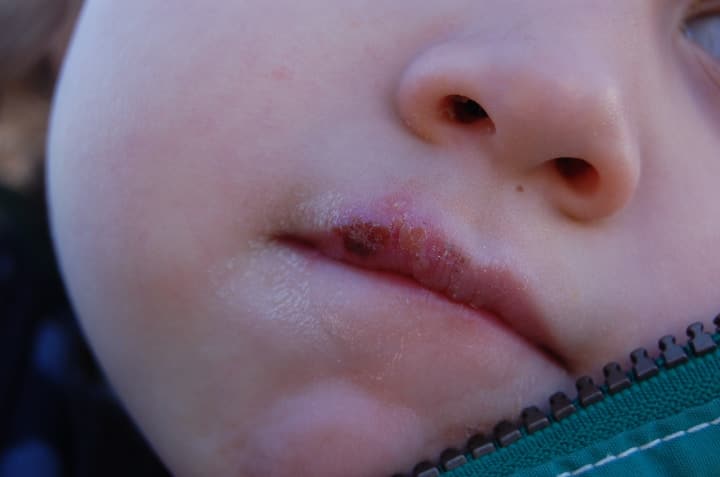
Bergamot oil may not be able to kill the virus completely, but it can help a great deal in weakening it.
In a book titled The Illustrated Encyclopedia of Essential Oils , Jule Lawless stated that bergamot oils can be applied directly to the cold sore in the form of a lotion.
14. Anti-Tetanus: Fights Tetanus
Tetanus is an extremely dangerous disease usually caused by the bacterium Clostridium Tetani which is found in soil and dust.
When these bacteria enter the body, they continue to produce more toxins that enter the bloodstream.

Tip: Avoid developing tetanus by applying up to 5 drops of bergamot oil in the wounded area.
15. Vulnerary: Provides Fast Healing
You can use bergamot oil to treat boils and speed up the healing of wounds, crack skin, ulcer, eczema, mouth ulcers, herpes, shingles, chickenpox, and itching.
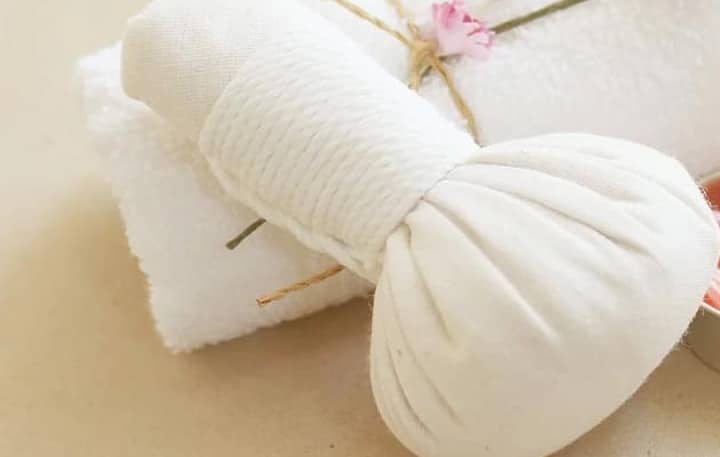
Tip: You can treat boils at home by adding a few drops of bergamot oil on a hot compress.
16. Perfume: Sweet and Citrus Scent
Bergamot oil is sweet, citrusy, and its fruity smell makes it a popular ingredient in perfumes as well as other products. It also has a spicy aroma that is quite unique and refreshing.
If you are familiar with perfume brands, you may remember the original 4711 Eau de Cologne created by Johann Maria Farina. The specific cologne used bergamot oil as its main ingredient.
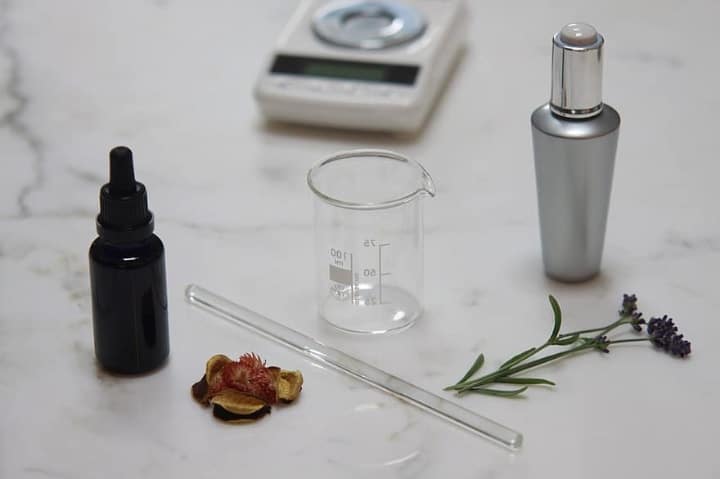
This oil mixes well with other essential oils like cedarwood, citronella, clary sage, cypress, eucalyptus, frankincense, geranium, jasmine, lavender, lemon, mandarin, nutmeg, orange, rosewood, or vetiver.
17. Fruity Flavoring
Yes, you’ve read it right! Bergamot oil is also used as a flavoring in different parts of the world. In Sweden, they add bergamot flavor to snus , a type of tobacco that is smokeless and sugar-free.
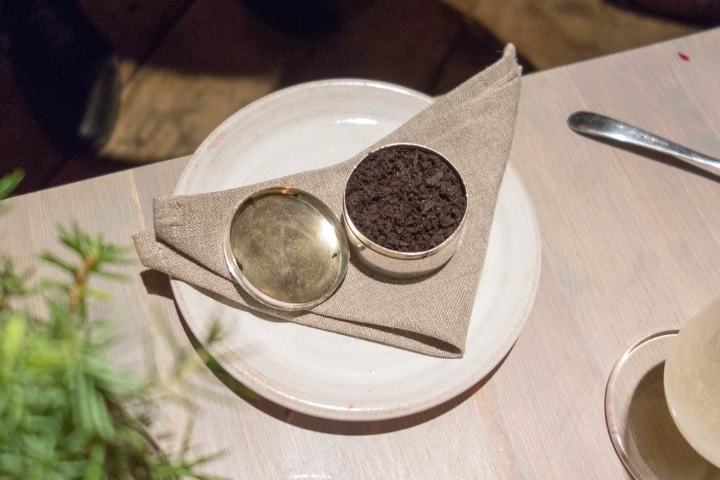
In Italy, they add it to enhance the flavor of marmalade whereas inn Turkey, they use it to flavor different confectionaries.
Most popularly, bergamot oil is used to flavor Earl Grey and Lady Grey teas which are also used in making Earl Grey Doughnuts and Earl Grey Ice Cream.
18. Statin Substitute
In a study published in the Journal of Natural Products, bergamot is noted to have statin-like effect on the body.
Statins are drugs that are typically used to reduce cholesterol levels and are commonly taken by people over 46 years old.

These statins are also known to prevent heart attacks and strokes So if you want to normalize your cholesterol level in a natural way, you can use bergamot oil. This way, you can also avoid any statins side-effects.
Also, make sure that you keep in mind all the natural ways of lowering your cholesterol like healthy eating, exercising, and balancing vitamin D levels by spending time outdoors on a daily basis.
19. Hair Dresser
Like most essential oils, bergamot oil can make your hair shiny. To achieve the best look for your hair, you can combine Bergamot oil with Jojoba oil. Then, you can apply it to either wet or dry hair.

If you do not plan to leave your hair flowing down your shoulder and want to simply put it in an updo, bergamot oil can also make it look smooth and dignified.
20. Weight Shredder
Bergamot is one of the few essential oils (alongside lavender and peppermint) that can stimulate the endocrine system, helping your body to become more calm and relaxed.
When you are always relaxed and calm, you can avoid emotional stress that typically results in overeating and gaining weight. As we all know, emotional eating is all about choosing unhealthy foods over healthy ones.
In addition to that, bergamot oil promotes better metabolism which may further promote weight loss and reduces blood sugar.
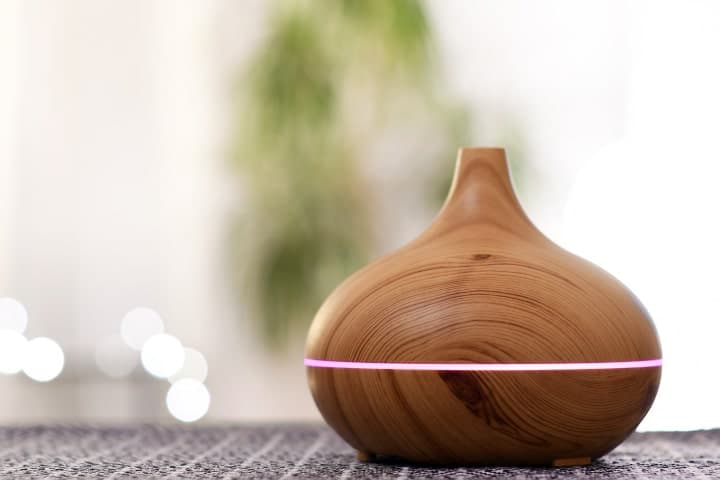
A study carried out at the University of Catanzaro in Italy found that more than 200 patients had reduced blood sugar levels and bad cholesterol after consuming bergamot oil every day for a month.
Of course, you should not rely on bergamot oil 100% when trying to lose weight. You can try weight loss tea to increase your chances of success.
21. Congestion Reliever
Bergamot oil also has anti-congestive agents that can help those suffering from cold, coughing, congestion, and several other respiratory problems. The oil can basically help loosen up the phlegm and mucus build up in the lungs.
It also relieves our body’s natural reaction to sneezing and coughing. You can apply bergamot oil in your chest and throat for a soothing effect or use an oil burner or vaporizer to inhale the oil.
Tip: You can put 5 drops of bergamot oil in your hands, cup your mouth, and breathe slowly as you inhale it. If you have a clogged nose, you can try drinking Earl Grey tea instead.
How to Make Bergamot Oil
There are two main methods to extract bergamot essential oil from the fruit of the same name. These methods are the same ones used in obtaining oil from other citrus fruits like tangerine and lemon.
Cold-Pressing or Expression
One of the traditional ways of obtaining oil from citrus fruits is called expression. This method is performed by manually applying pressure to the rind or fruit peelings by pressing them.
This can be a challenging and tedious task since you would have to exert a lot of effort and wait for the oil to come out. Luckily, technological developments have made this process much easier now.
Today, a device called écuelle à piquer can be used to extract the oil. This device lessens the need for hard labor since it features a mechanical device that uses centrifugal force to achieve the task.
Distillation
In this process, you can either use steam or water. With water, the distilled bergamot essential oil loses a bit of its aroma. Distilled bergamot oil is also regarded as oil of lower quality.
Bergamot Oil for Sale
Don’t have the time to make your own bergamot oil? You can always buy it ready-made. Check out this list of bestselling bergamot essential oil bottles.
Bergamot Oil Frequently Asked Questions
Since bergamot oil is one of the most popular essential oils, we hear a lot of questions about it. We’ve put together the most popular ones in this section and answered them for you. Explore the answers below.
What is bergamot essential oil used for?
Bergamot oil is used in aromatherapy, as a pain reliever, antiseptic, and antispasmodic. It’s also used in perfumery, as a stress reliever, and to improve digestion and boost skin health. Discover all the key uses of bergamot oil now.
Can I put bergamot oil on my skin?
It’s best to mix essential bergamot oil with coconut oil and other carrier oil before you apply it to your skin. Like other essential oils, it’s too powerful to be applied directly to the skin.
Since bergamot oil contains bergapten, you should never apply it to your skin when you know you are going to be exposed to sunlight because bergapten can be poisonous when exposed.
This is also the primary reason why all bergamot oil is stored in dark bottles and dark places.
What are the health benefits of bergamot?
Bergamot oil can lift up your mood, relieve stress, soothe your skin, help you fight depression, improve intestinal health, and maybe even lose weight. You can also use it to reduce scars and acne, soothe pain, and reduce fever. Bergamot oil has many benefits!
Is Bergamot oil good for hair growth?
Bergamot’s oil wound-healing and antimicrobial properties may help to promote hair growth especially in people who have lost hair as a result of wounds or skin damage.
Since it may also promote blood flow to the scalp, it could potentially be useful for other hair loss treatments as well, though more research is needed to validate that.
You Probably Want It in Your House: Bergamot Oil
Bergamot oil is a potent essential oil with so many possible uses that you want at least a tiny bottle of it at home.
Even if you’re not all that much into aromatherapy and essential oils, this one’s worth your attention—and the relatively low price.
To sum it up, we can consider the bergamot oil as a tonic as it can literally tone up everything: the respiratory system, circulatory system, digestive system, excretory system, nervous system, muscular system, and the integumentary system.
Admittedly, some uses and benefits need to be better studied, and there’s also some hype surrounding this oil.
But you want to try this one. Its many potential benefits together with its uses in aromatherapy make it a great essential oil for beginners.
Try it and who knows? It might even become an essential (pun intended) ingredient in your life.
If you enjoyed this post, don’t forget to check our other posts on essential oils.
Have you ever tried bergamot oil? Drop us a comment and tells us about your experience with this essential oil.

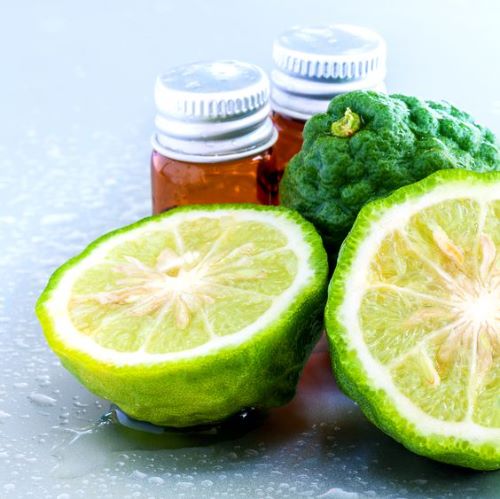
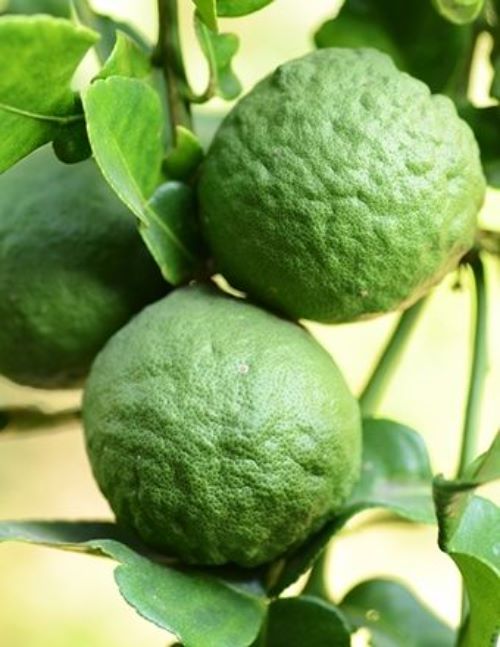

Leave a Reply